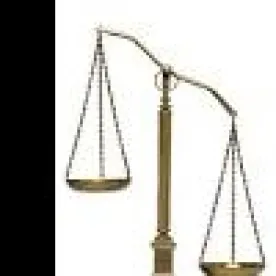It has been widely recognized that the costs of litigation in the U.S. federal court system are going out of control. These higher costs induce parties to settle cases that have little or no merit; erode American companies’ ability to compete in world markets; and make foreign companies reluctant to invest here. Excessive civil discovery is the primary culprit for these excessive costs and the accompanying delay in resolving cases. Other systems abroad, as well as criminal law, arbitration and administrative litigation in the U.S., do not need massive document exchanges to reach just results.
Against this background, on May 29, 2014, the U.S. Judicial Conference’s Committee on Rules of Practice and Procedure (“Standing Committee”) approved amendments to the Rules of Civil Procedure intended to reduce the burdens of discovery. One of the most important amendments emphasizes that information sought must also be proportionate to the needs of the case. Mere relevance of the material sought will no longer be enough to permit unlimited discovery.
Another important amendment focuses on the tremendously costly burden for companies indefinitely to preserve electronically stored information. Under the proposal, not every failure to preserve can be punished–only those for which a party acted in bad faith to hamper litigation. This change will reduce the economic burden by enabling companies to exercise judgment about how much electronically stored information to preserve.
The next step for the proposal is approval by the Judicial Conference and then, the Supreme Court. The amendments will then go into effect unless changed by Congress within six months of Supreme Court approval. It is likely that they will be approved; however, this process will take at least another year.
Our view is that these amendments do not go far enough to address the underlying incentives that force bad settlements. This could have been achieved by expanding a judge’s authority to require the requesting party to pay for discovery and by providing specific examples of situations in which judges should use their authority to allocate costs of discovery to the requesting party. The Committee was not prepared to go that far despite strenuous urging, but says it will take up economic incentives in discovery at a later date.
As a result, the proposed amendments are merely important and helpful steps in the right direction. We believe more could and should be done.





 />i
/>i

